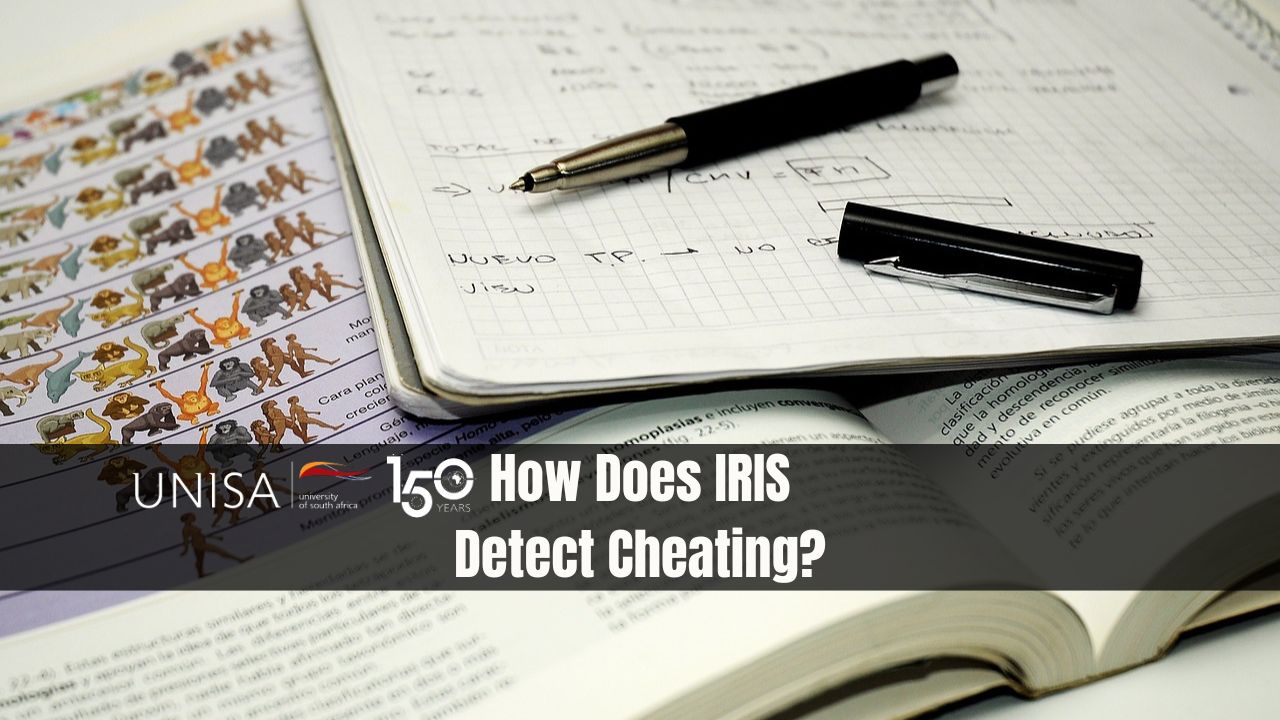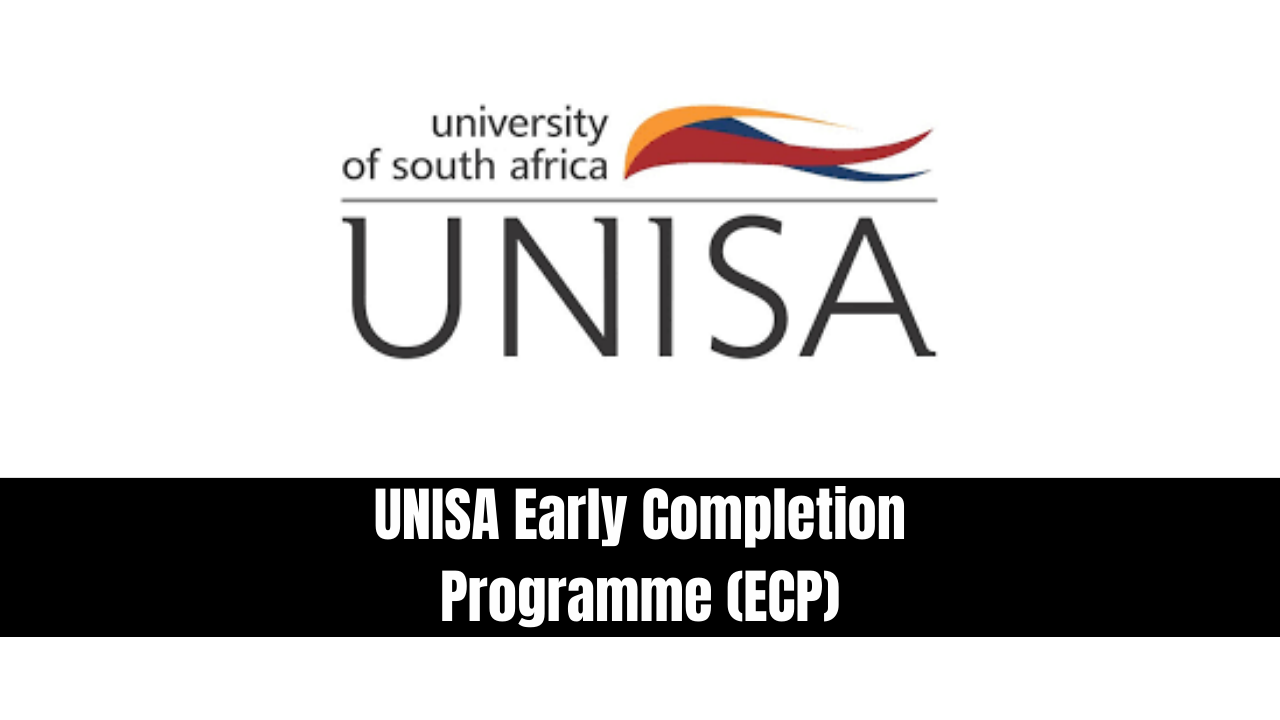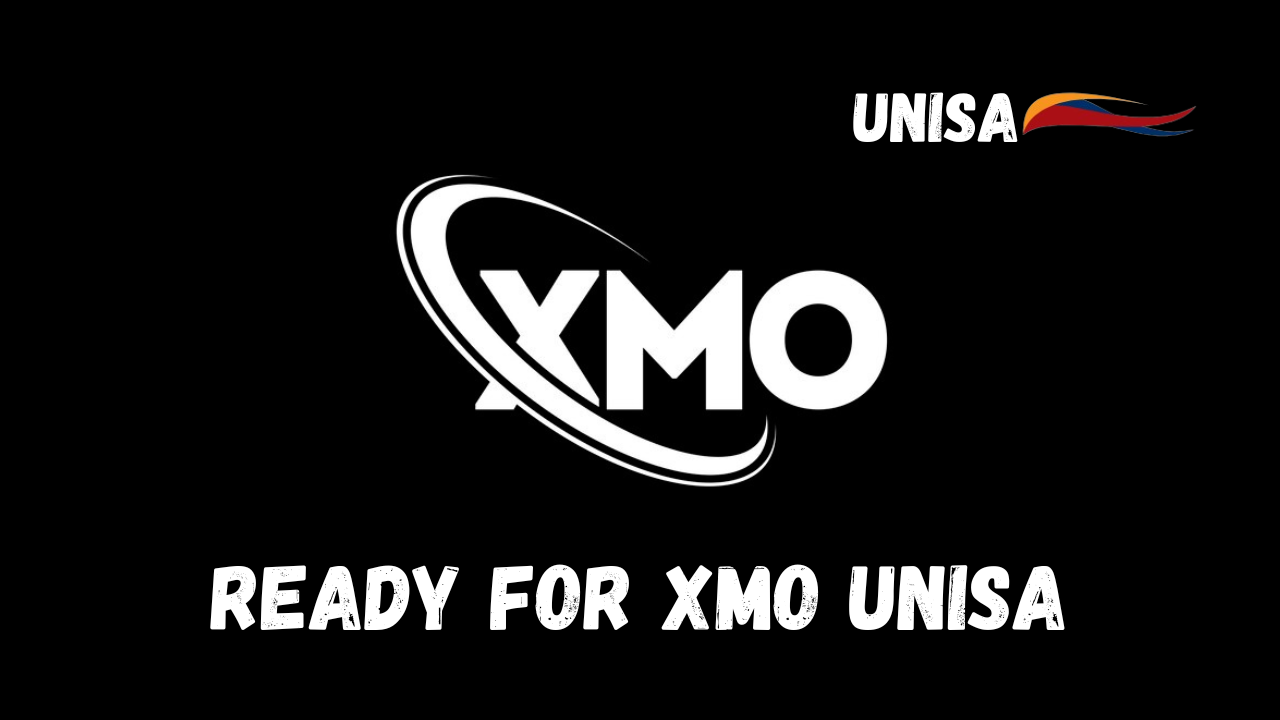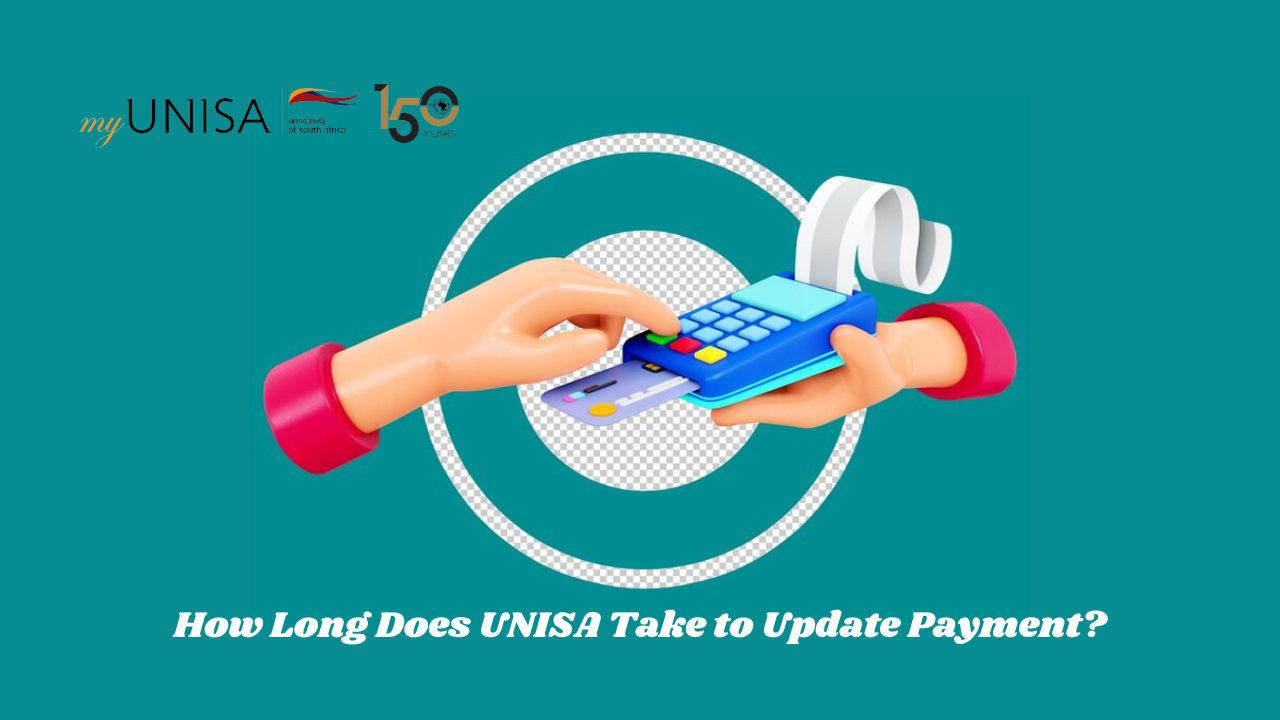How Does IRIS Detect Cheating? In the realm of online education and remote proctoring, ensuring academic integrity is a significant concern. One innovative approach to addressing this challenge is the use of dual webcam systems, which enhance the capability of proctoring software like Iris to detect cheating. Here’s an in-depth look at how this technology works and why it is essential for maintaining the fairness of online examinations.
How Does IRIS Detect Cheating?
Iris Proctoring Software: Iris is a sophisticated online proctoring solution designed to monitor students during remote examinations. Its primary function is to ensure that candidates adhere to academic honesty by detecting suspicious behaviors and potential cheating. The software leverages various techniques, including eye movement analysis and environmental monitoring, to maintain exam integrity.
The Role of Dual Webcam Systems
1. Main Webcam Monitoring:
The core of Iris’s cheating detection involves a main webcam that captures the student’s visual field. This camera focuses on monitoring the student’s eye movements, facial expressions, and any unusual behavior that might indicate cheating. The system is adept at analyzing these elements to detect signs of dishonesty, such as looking away frequently or engaging in non-verbal communication with others.
2. Secondary Camera for Enhanced Surveillance:
To address the limitations of a single webcam setup, a secondary camera is introduced. This additional webcam is positioned to cover areas not visible to the main camera, providing a broader surveillance range. The secondary camera plays a crucial role in identifying academic misconduct that may occur outside the field of view of the main webcam.
Benefits of a Dual Webcam System:
- Comprehensive Coverage: By utilizing two cameras, the system ensures that all angles around the student are monitored, reducing the chances of unnoticed cheating.
- Detection of External Aids: The secondary camera helps in detecting if a student is using unauthorized materials or receiving assistance from others, which might be out of sight of the main camera.
- Enhanced Accuracy: The combination of both cameras increases the accuracy of the proctoring system, providing a more reliable assessment of the student’s behavior and examination environment.
Conclusion
Incorporating a dual webcam system into online proctoring solutions like Iris significantly strengthens the detection of cheating. By monitoring from multiple angles, educational institutions can uphold the integrity of remote exams and ensure that all students are evaluated on a level playing field. This technology not only deters dishonest behavior but also fosters a fair and credible examination process for all participants.






